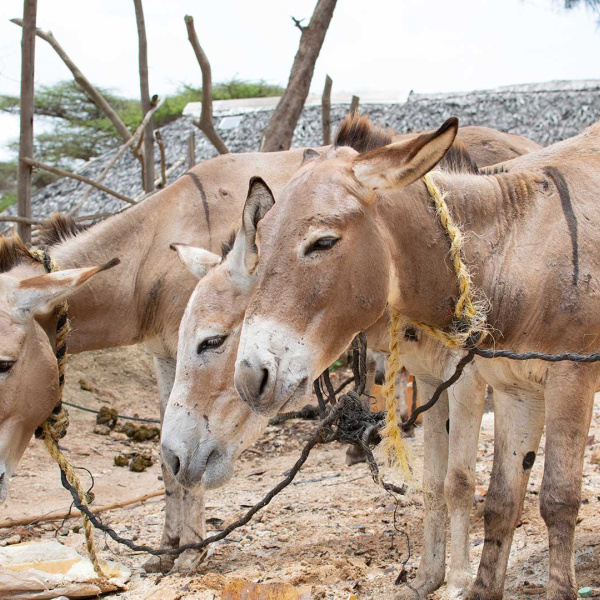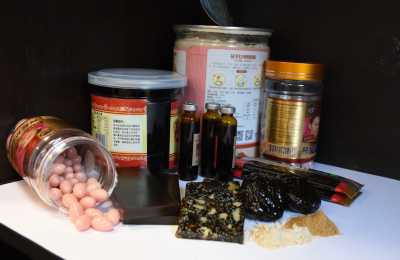The Donkey Sanctuary has welcomed a commitment from Chief Inspector Kevin Kelly, Head of the UK National Wildlife Crime Unit, to support our campaign to stop the abhorrent slaughter of donkeys for the illegal trade in their skins.
He made the commitment at the meeting of the Interpol Wildlife Crime Working Group in Lyon, France (11-15 December).
Research commissioned by ourselves and undertaken by the Wildlife Conservation Research Unit (WildCRU) at the University of Oxford, found donkey skins are often sold and shipped alongside illegal wildlife products, most commonly pangolin scales, ivory and seahorses. It also uncovered evidence that the legally complex trade in donkey skins may be acting as a vehicle for the wildlife trade as well as other illegal items including hardwoods and Class A drugs.
The trade is growing due to escalating demand from China to produce ejiao, which is made using the collagen from the skins of dead donkeys. Ejiao is marketed as a luxury product sold mostly in China.
The international animal welfare charity was invited to attend the Interpol conference to advise key global law enforcement, government and civil society representatives on the extent of the cruel and unsustainable trade in donkey skins, and its links with organised crime.
Kelly said: "The donkey skin trade is abhorrent and cruel, and after seeing your presentation I've no doubt it has links to serious and organised crime. It is a global issue that exists on local levels, and I give you my commitment to support your organisation."
Ian Cawsey, our Director of Advocacy & Campaigns, said: "We know that the trade in donkey skins crosses many different countries globally, and is used by illegal wildlife traders to hide parts of pangolins, tigers, rhinos, elephants and more.
“An integrated law enforcement response is therefore critical to bring people who abuse animals and the natural world to justice. This week we received many comments from law officers from across the world, who previously knew little of the donkey skin trade but could see how it links to their work and why we need to collaborate. A very successful end to 2023 and we look forward to building on these key relationships next year.”

